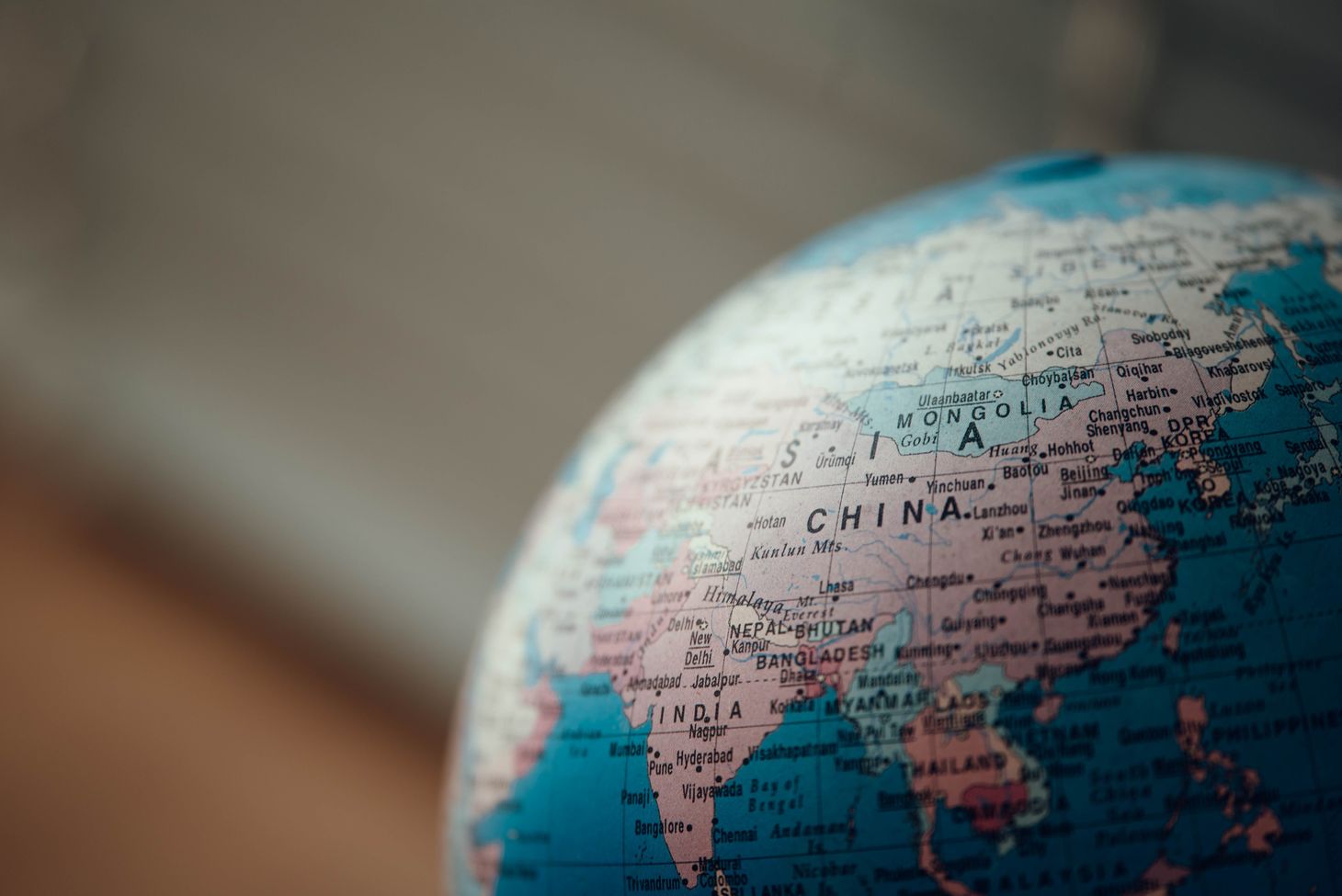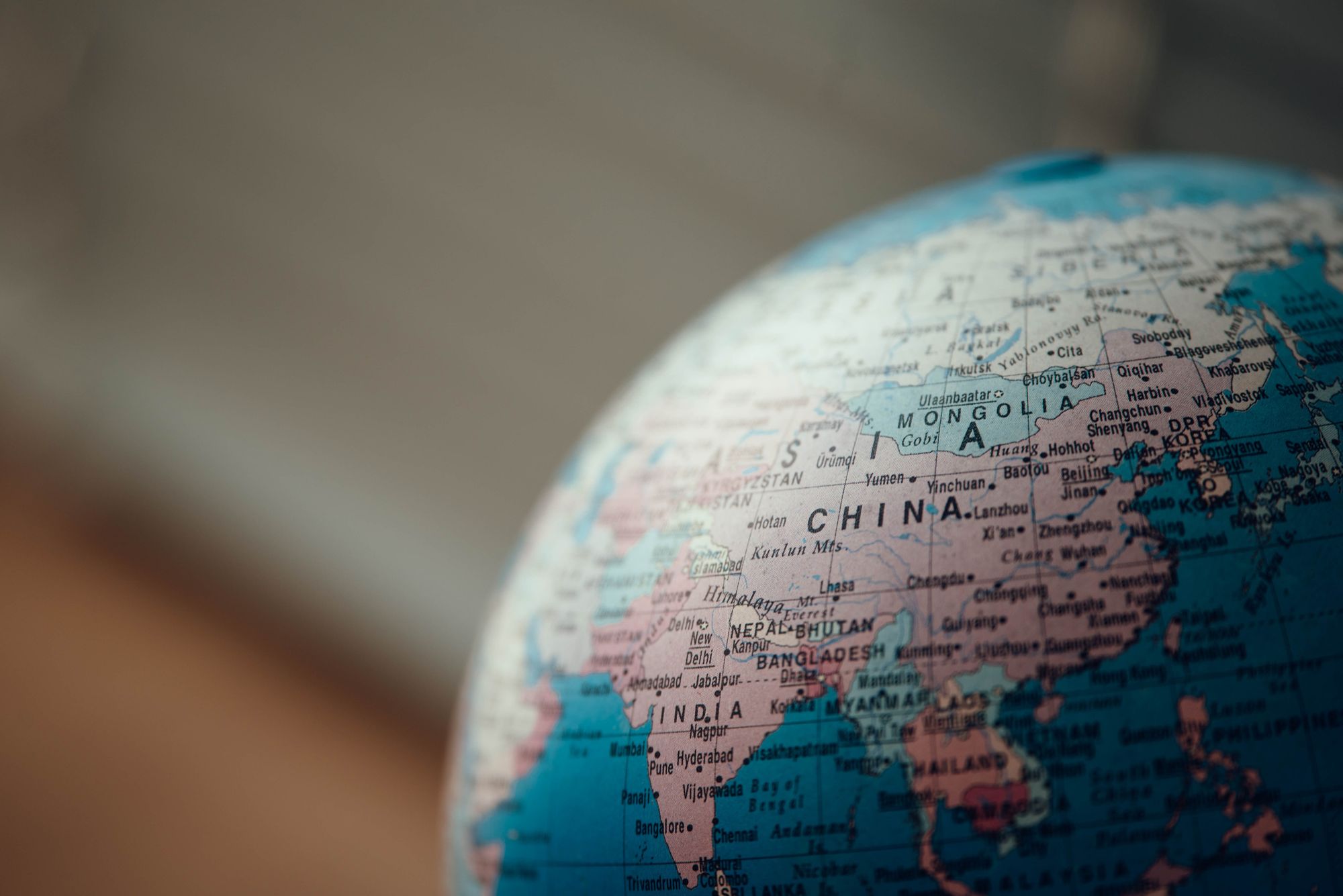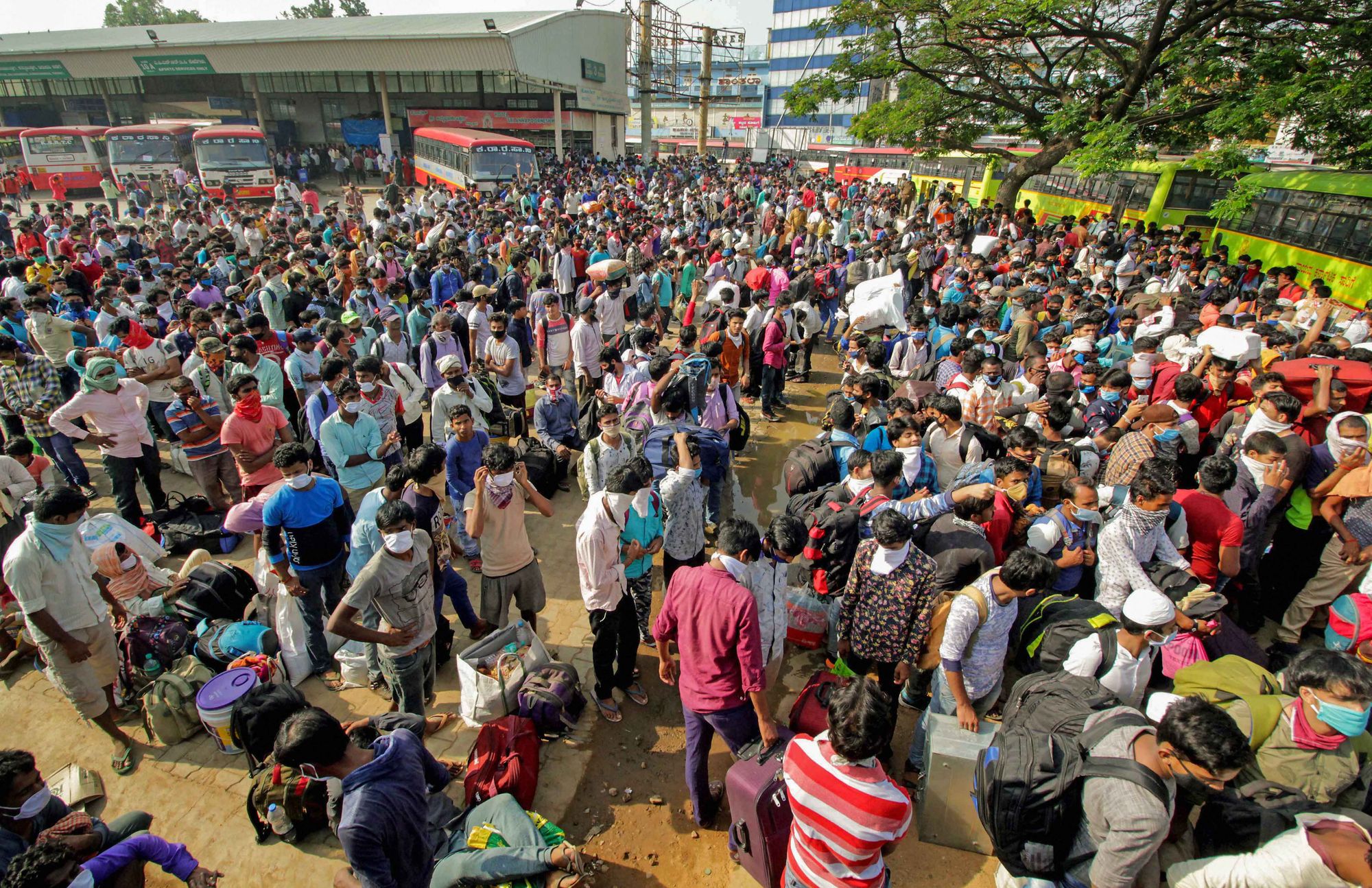Opportunities emerging from the crises

Table of Contents
Let’s start looking at a broad level and gradually narrow into an individual level.
Skip to a section if you need to -
In outer space | Internationally | Nationally | Individually
In outer space

Over 8,000 satellites have been launched in the last 60 odd years. And for good reason. In these data driven times - space is much more than an exploratory subject.
Satellites improve our lives in more ways than we realise. Things like - d2h television, telephones and GPS navigation, climate studies, identification of mineral reserves, assessing soil quality and vegetation covers, timely notifications about forest fires, border encroachment, air pollution, oil spills, storms - are possible due to satellites.
Building space related capabilities is vital to getting ahead globally.
Understanding this moment in time, the government of India has announced initiatives to boost private sector participation. Henceforth, private players will have access to ISRO’s facilities, other relevant assets, and geo-spatial data. Opening the door to private participation in future outer space travel and exploration.
This move is sure to create plenty of business opportunities. Consultants and professionals will find work in space related policy, approvals, compliances and regulations. Manufacturers who become a part of this supply chain could have a long run-way. And tech entrepreneurs who can use geo-spacial data to come up with creative solutions would be in demand.
An example of one such private player who has been making waves in this sector is TeamIndus.
Internationally

In the last few decades, the “Made in China” story has been rampant! Making China a dominant part of global supply chains. India too, has significant trade dealings with China.
That said, there cannot be a better opportunity to compete with “the factory of the world”.
China’s handling of the coronavirus has hurt their global image dearly. And large companies, especially American ones are looking for alternatives. Can India stake a claim? If yes, then how?
Udey Kotak recently took over as President of one of India’s leading industry chamber - the CII (Confederation of Indian Industry). Here’s an excerpt from an interview he gave to Bloomberg Quint -
“We need to change the model of how entrepreneurs build businesses in this country. We have to be ready for much lower percentage ownership and get institutional money to come alongside, to take the risks and co-invest, with high quality of governance.”
He said this in context of a shift from debt-dominated financing to raising equity for building sustainable businesses. We’ve seen India’s most influential businessman, Mukesh Ambani do just that.
So, if you’re a business owner, with reasonable or no debt, this is an opportune time for you to channel your entrepreneurial side. Accept that industry consolidation is inevitable. Raise institutional capital. Don’t fixate on percentage ownership. And with that liquidity, focus on building capacity in a China dependent supply chain.
Chances are, not only will you make it to the other side of this crises, but you will have the opportunity to thrive thereafter.
Nationally

More than half of India’s 1.3 Billion citizens have lived in poverty for many-many years. It’s been so bad that, access to toilets in the 21st century was such a big deal.
For decades the rural poor have migrated to urban areas in hope of higher income and a better future for their kids. They found work at factories, construction sites, mines, etc. generally in less than optimal working conditions. Their toil and labour, key to keeping the economy ticking. They built other people’s dreams, often for a pittance, while their own dreams rarely found fulfilment.
After all this time, it’s clear as day, that their move to urban hasn’t panned out.
Now, due to the lockdowns we’ve seen reverse migration for the first time. The question is - will they return? I have my doubts. Especially about prompt returns.
Urban societies and policymakers must introspect and figure out how fairer opportunities can be provided to our rural folk. Recently however, the government has announced some measures for rural development, here’s how we can participate -
- Infrastructure - building cold chain facilities, post harvest management infrastructure, last mile logistics, etc.
- Building businesses - Tech entrepreneurs, compliance professionals, logistics players, farmers and small scale food businesses, all have reason to be excited about the micro-food enterprises push and the agriculture marketing reforms.
- Banking - Small finance institutions like Jana and Ujjivan have already been operating profitably in the rural space. My sense is the relationships built here will sustain for long periods. This segment should further boom in the years to come.
- Education - Mobile and digital has made it possible to find audiences everywhere. From the other side, audiences hungry for quality content needn’t be neglected any more. High quality education tailored to rural needs will flourish.
A key prerequisite to capitalise on the rural theme is channeling one’s EQ (emotional quotient). Offering products and services tailored to rural needs, and powering that experience digitally. It’s about time that rural markets receive their due importance.
Individually

Life is better when we seek to improve everyday. And that process starts with inquiry.
This is a great time to evaluate one’s life.
How can we do better? At work, in society, in our relationships.
How can we improve? our headspace, our fitness, our eating habits, our lifestyle, our professional skills, and so on.
Of these, whichever feels pressing to you, is the one you should focus on. For example - upgrading one’s digital skills is imperative going forward, or learning how to cook, etc.
But the two topics I want to emphasise, that in my opinion, no one should ignore are -
- Money - How we earn it, how we spend it, how we feel about it. What options we have to protect, grow, enjoy and share it. And so on.
- Mind-space - What’s the relationship between the body, mind and soul. How can one always be peaceful. What are the mistakes we make that fritter away our positivity. And in turn our productivity.
The coronavirus has forcefully hit the pause button. It was like one long red-traffic-light. Though it has turned to yellow, there’s still time to when it fully goes green. And till then - it would do you good, to take a minute to introspect.
Stebi Newsletter
Join the newsletter to receive the latest updates in your inbox.

